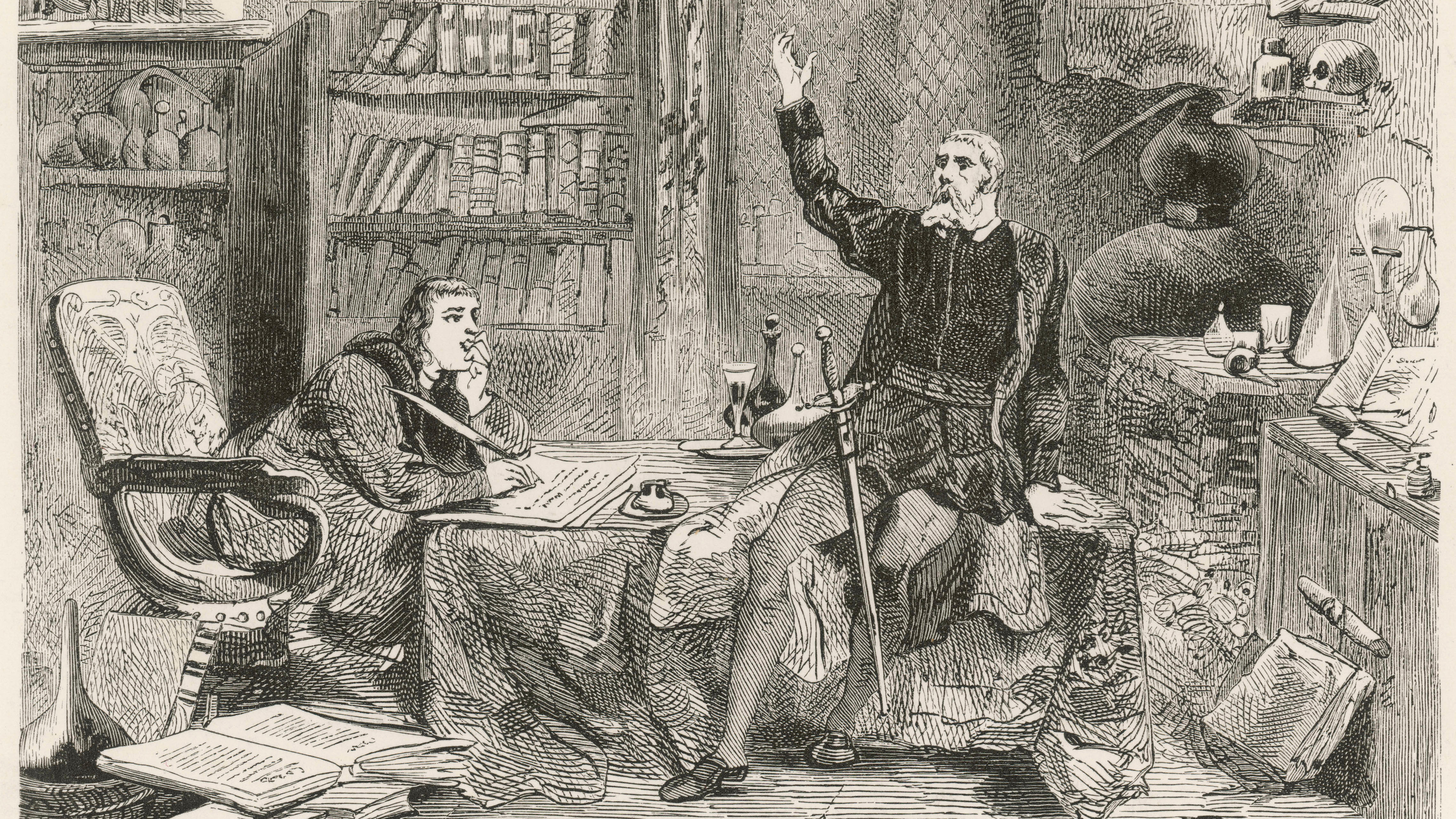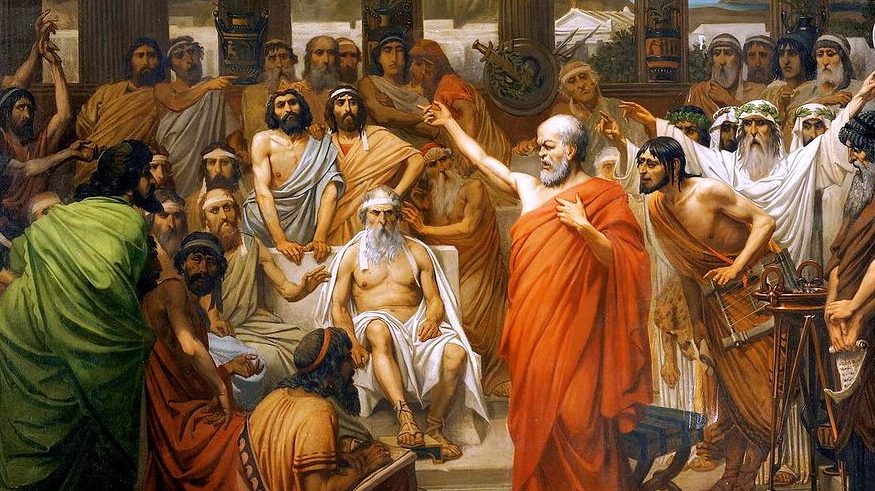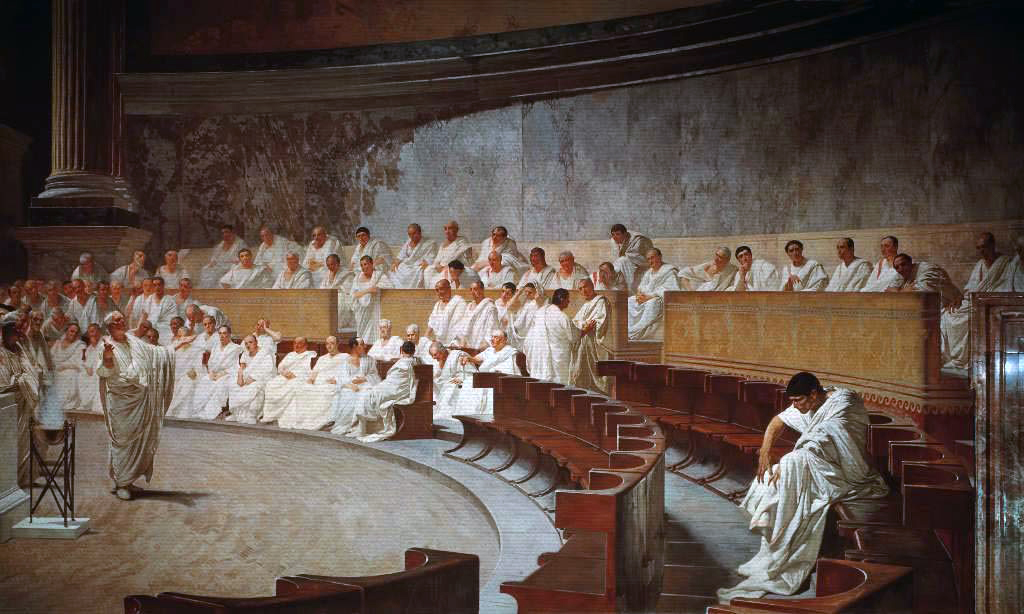444 – The Public Option, a Tonic for the Body Politic?
Washington DC as a big, red heart, pumping life-blood through the arteries of the nation’s body? Few Americans will view their oft-reviled capital as favourably as this metaphor suggests. However, the ‘body politic’ is a philosophical trope with a more than respectable pedigree.
Around 500 BC, the Roman consul Menenius Agrippa faced down a seditious band of soldiers with one of Antiquity’s most potent weapons – rhetoric. He convinced the mutinous militiamen to return to the Mother City (at that time still a fledgling backwater rather than a grandiosely Eternal metropolis) with this somatic parable:
“In the days when all the parts of the human body were not as now agreeing together, but each member took its own course and spoke its own speech, the other members, indignant at seeing that everything acquired by their care and labour and ministry went to the belly, whilst it, undisturbed in the middle of them all, did nothing but enjoy the pleasures provided for it, entered into a conspiracy; the hands were not to bring food to the mouth, the mouth was not to accept it when offered, the teeth were not to masticate it.”
“Whilst, in their resentment, they were anxious to coerce the belly by starving it, the members themselves wasted away, and the whole body was reduced to the last stage of exhaustion. Then it became evident that the belly rendered no idle service, and the nourishment it received was no greater than that which it bestowed by returning to all parts of the body this blood by which we live and are strong, equally distributed into the veins, after being matured by the digestion of the food.”
The secessionists got the message. Even though working-class plebeians like themselves disliked the pampered patricians, neither party could survive without the other. This anecdote, related half a millennium later by the Roman historian Livy (1), is one of many examples in western political and philosophical discourse (2) comparing an ideal, ‘organic’ society to the workings of a single (human) body. The earliest instances, albeit less explicit in their analogy than Livy, are to be found in Plato’s Republic, Aristotle’s Politics and a few other Greek philosophical works; later examples are in Cicero’s De officis, and even in Paul’s First Letter to the Corinthians (3).
The conceit of society as a living body can be seen as a particular subgenre of hylozoism, the idea that all matter is in some way alive. The Middle Ages saw the development of both secular and religious analogies of societies-as-bodies. The basic trichotomy of medieval society was explained thus: the clery were the far-seeing eyes, the nobility the delicate and/or firm hands and the peasants the plodding feet of society. The Church emphasised its role as a mystical body of which all Christians were members, with the pope at its head – and as its head, literally and figuratively. For a long time, kings and popes competed for the honorific epitheton of ‘head’ of Christendom, the European monarchies’ increasing power eventually reclaiming the metaphor from the Church. Corporeal analogies crop up in Milton and Shakespeare (5).
Over the centuries, the advancement of science (particularly biology) progressively undermined the comparison, exposing it as a vain attempt to find analogy where none existed. Also, the ‘organic’ model of governance ceded to the idea of the relation between rulers and their people as subject to a ‘social contract’: the state retaining certain natural rights from its citizens (like absolute freedom) in exchange for the dispensation of certain advantages (like security and justice).
If the hylozoic analogy survived, it was in significantly altered form. Hobbes summarised this shifting view of society-as-body in Leviathan (1651), where he described the state as an artificial body, a human construct. He calls this the Body Politique, as opposed to (instead of analogous to) the Body Naturall.
Where kings themselves were once deemed to be the body politic, as literal embodiments of their function’s power, majesty and reach, Hobbes redefines the body politic as a territory with a government. ‘Body politic’ soon becomes an expression devoid of somatic analogy, simply meaning ‘political entity’ – although the phrasing of the metaphor will always imply some sort of organic harmony. Present use in our democratic, all-inclusive era could be said to define the body politic as a representative expression, encompassing all segments of the population and political institutions of a given political entity.
The map shown here is a very recent adaptation of Menenius Agrippa’s metaphor, building on the historical image of the body politic to illustrate a point in the very contemporary debate on the American political agenda – healthcare reform. Leaving aside all the intricacies of the proposed healthcare legislation currently winding its way through the US Congress, this map astutely expands the very somatic aspect of healthcare to the ‘body politic’ of the US, presenting an aspect of healthcare reform – the Public Option – as a necessary medicine for the patient – America itself. All of which combines to an image conveying a message in a very direct manner. No wonder the map won the first prize in a contest organised by Public Option Please, a group advocating that healthcare reform include said Option.
Many thanks to Dean G. Karayanis for sending in this map, found at Public Option Please, a health reform advocacy group.
———
(1) Titus Livius (a.k.a. Livy): Ab Urbe Condita (‘From the Founding of the City’), ca. Book 2, Chapter 32. Quote taken from the text at Wikisource.
(2) Similar analogies also surface in Islamic and Hindu philosophy.
(3) “For as the body is one, and hath many members […] so also is Christ […] Now ye are the body of Christ and members in particular […]”
(4) Shakespeare actually re-imagines Menenius Agrippa’s speech to the rebels: “There was a time when all the body’s members Rebell’d against the belly, thus accused it: That only like a gulf it did remain I’ the midst o’ the body, idle and unactive, Still cupboarding the viand, never bearing Like labour with the rest, where the other instruments Did see and hear, devise, instruct, walk, feel, And, mutually participate, did minister Unto the appetite and affection common Of the whole body. […]”
(Coriolanus, Act I, Scene I)






